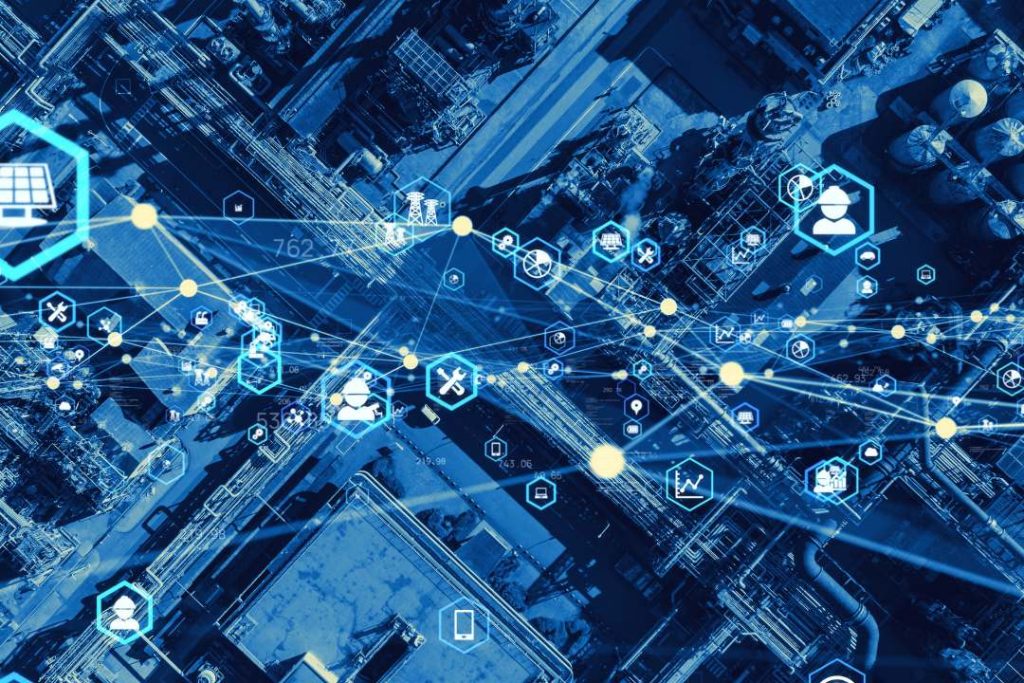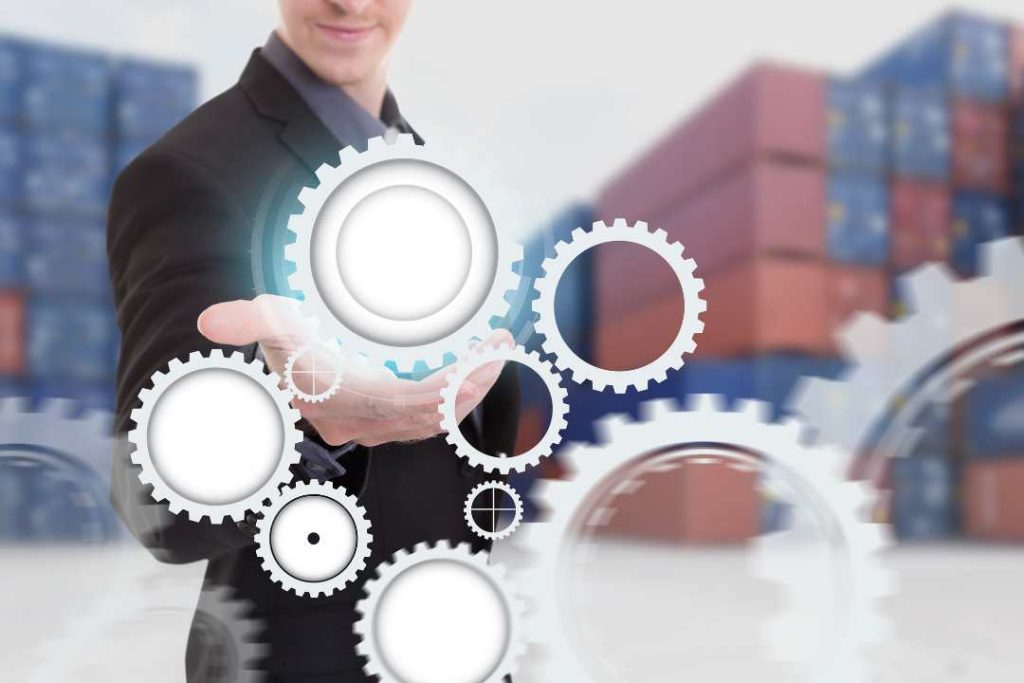
What is a marketplace? Find out how to get the most out of it
What is a marketplace? Find out how to get the most out of it In today’s digital world, marketplaces have

An ERP (Enterprise Resource Planning) is a software system that integrates and manages various business functions on a single platform. Its objective is to facilitate the flow of information between all business processes within the organization. In the context of supply chain management, an ERP allows the coordination and synchronization of activities such as the planninglogistics, production and distribution. For a more in-depth view of what an ERP is, please consult our detailed guide to ERP.
The basic components of an ERP system include modules for financial managementhuman resources, manufacturing, supply chain, services, purchasing and sales. Each module specializes in a specific functional area, but they are interconnected to ensure a comprehensive view of the business. Learn more about the key components of our ERP and how they can benefit your business.
ERP has multiple applications in the supply chain. help to optimize planning and schedulingThe company’s goal is to improve inventory management, streamline logistics and distribution, and make the purchasing and procurement process more efficient. Discover how our ERP solutions can transform your supply chain.
Planning and programming within the supply chain are crucial to ensure that resources are used efficiently. An ERP provides advanced tools for demand planningThe production scheduling and the coordination of delivery times. Explore our advanced tools for planning and scheduling to improve operational efficiency.
Inventory management is essential to maintain an adequate balance between supply and demand. With an ERP, companies can monitor inventory levels in real time, thus reducing storage costs and avoiding stock-outs. Learn more about our inventory management and how it can help you reduce costs.
ERP facilitates logistics and distribution by providing complete visibility of transportation and storage processes. This allows a better management of shipmentsThe reduction of delivery times and increased customer satisfaction. Optimize your processes logistics and distribution with our ERP solutions.
The purchasing and procurement process benefits from the automation offered by an ERP. From the request for quotations to contract management, ERP simplifies and optimizes every step of the purchasing process. Simplifies the process of procurement and sourcing with our automated tools.
Integrate your ERP with B2B ecommerce with Stoam SaaS


The implementation of an ERP allows the optimization of processes. by integrating all supply chain functions into a single platform. This results in more efficient processes and less error-prone. Read about how our ERP can help you in the process optimization in your supply chain.
ERP helps reduce costs by improving operational efficiency, reducing waste and optimizing the use of resources. The automation of repetitive tasks also contributes to reducing labor costs. Discover strategies for cost reduction in your supply chain.
The ability of an ERP to provide accurate, real-time data significantly improves decision making. Managers can access detailed information about every aspect of the supply chain, enabling them to take informed and timely decisions.
Visibility and traceability are crucial benefits of an ERP. Allows companies to track the movement of products throughout the entire supply chain, from production to delivery to the end customer.
ERP facilitates the integration of various systems and processes within a company. This ensures that all areas of the supply chain are working in a consistent manner. coherent and coordinated.
Collaboration and communication between different departments and business partners are significantly improved with ERP. The real-time information sharing and integrated processes foster more effective collaboration.
In the digital era, the digital transformation is essential to remain competitive. An ERP allows companies to adopt new technologies and adapt their processes to the demands of today’s market.
Automation and data analysis are essential aspects of an ERP in the digital era. Automation reduces errors and frees up time for strategic tasks, while the data analysis provides valuable insights for decision making.
The ability to adapt to changing markets is an important competitive advantage. An ERP allows companies to respond quickly to changes in demand, new competitors and other market factors.
Transform your ERP into a powerful B2B ecommerce system


Needs assessment is the first step in the implementation of an ERP. It is crucial to identify the specific business requirements and how an ERP can meet those needs.
Choosing the right supplier is essential to the success of an ERP implementation. It is important to choose a supplier with experience and a solid track record in the industry.
Change management and training are critical to ensure successful ERP adoption. It is necessary to prepare personnel and provide ongoing training to maximize the benefits of the system.
In short, an ERP improves supply chain management by optimizing processes. The company’s goal is to reduce costs, improve decision making, and facilitate collaboration and communication. The systems integrationand visibility and traceability are some of the specific benefits that stand out.
The future of ERP in the supply chain is promising, especially in the digital age. The digital transformation, automation and the ability to adapt to changing markets will continue to be key factors for business success.
Share:

What is a marketplace? Find out how to get the most out of it In today’s digital world, marketplaces have

Business to consumer (B2C): how it works and how it differs from B2B In today’s world, e-commerce and direct business-to-consumer

Alibaba revolutionises B2B commerce with ‘Accio’ – the AI-powered search engine for SMEs Share: Tabla de contenidos What is Accio

Examples of market segmentation: How to apply it in different sectors? In today’s competitive business landscape, market segmentation is more

Omni-channel strategy: How to integrate all channels to improve customer experience In a world where consumers use multiple channels to

What are open APIs and their role in SaaS solutions? Open APIs have transformed the way businesses use software, especially

Analysis of B2B marketplaces: Are they an opportunity or a threat? B2B marketplaces are transforming the way companies buy and

How to use chatbots in B2B ecommerce to improve conversions In the world of ecommerce B2B (Business to Business)shopper expectations

ERP and sustainability: How a system can reduce environmental impact Sustainability has become a crucial priority in today’s business landscape.
Automate orders with Stoam SaaS b2b ecommerce
